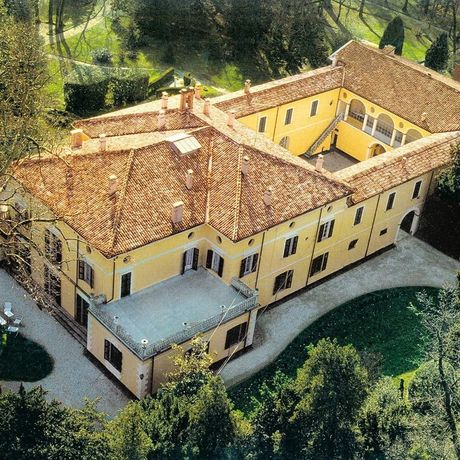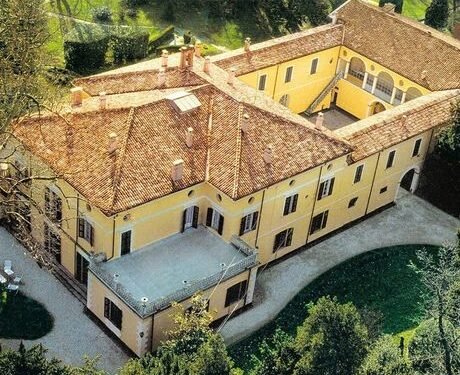
Italy’s culture ministry has notified the heirs of Giuseppe Verdi that it will seize the composer’s villa near the town of Piacenza, paving the way for plans to transform the decaying property into a museum dedicated to the composer.
Located between the villages of Bussetto and Roncole, the 19th-century property, where Verdi wrote some of his best-known operas including La traviata and La forza del destino, contains numerous original scores, some of the composer’s clothes and one of the first editions of Alessandro Manzoni’s The Betrothed.
Now the government intends to turn the villa into a museum that will be run by a foundation whose board will include representatives of the Emilia-Romagna region and the town councils of Busseto and the neighbouring village of Villanova sull’Arda. The museum will be inserted into an itinerary of Verdian landmarks including the Teatro Verdi opera house in Busseto and the composer’s natal home in Roncole.
The property’s current owners will be paid between €8m and €9m in compensation as part of the seizure, far less than the €20m they had reportedly hoped to receive, the newspaper Corriere di Bologna reports. The owners have 60 days to oppose the move in a regional court.
“This is a first step towards enhancing Verdi’s cultural heritage of Villanova sull’Arda,” Giancarlo Tagliaferri, a regional councillor in Emilia Romagna for Giorgia Meloni’s Brothers of Italy party, wrote on Facebook. “The Meloni government has kept its promises and is working for the good of Piacenza and its excellence.”
Verdi bought the villa in 1848 and moved in with his second wife, Giuseppina Strepponi, in 1851, living there for the next 50 years. He spent much of that time tending to the surrounding parkland complete with a rose garden, vineyards, a cave used as a wine cellar, a limonaia and stables.
Today, the villa is owned by four siblings from the Carrara-Verdi family, descendants of Verdi’s younger cousin, Maria Filomena Verdi. One of the siblings, Angiolo Carrara Verdi, turned part of the villa into a museum in 2010, with Strepponi’s room and Verdi’s bedroom studio both visitable.
However, the villa was closed in October 2021, with Angiolo Carrara Verdi telling reporters that the family could no longer pay for its upkeep. The property was due to go to auction the following year, with the government budgeting €20m to purchase the villa and planning to exercise its right to first refusal.
After the auction never materialised, the culture ministry announced on 21 December 2023 that it would seize the property within 180 days.
“The Villa… represents a fundamental part of the national heritage because of the historical value of the great composer’s work,” Gennaro Sangiuliano, the culture minister, said in a statement at the time. “This asset cannot remain exposed to degradation and neglect, but must form the core of a museum itinerary visitable by the entire world.”









